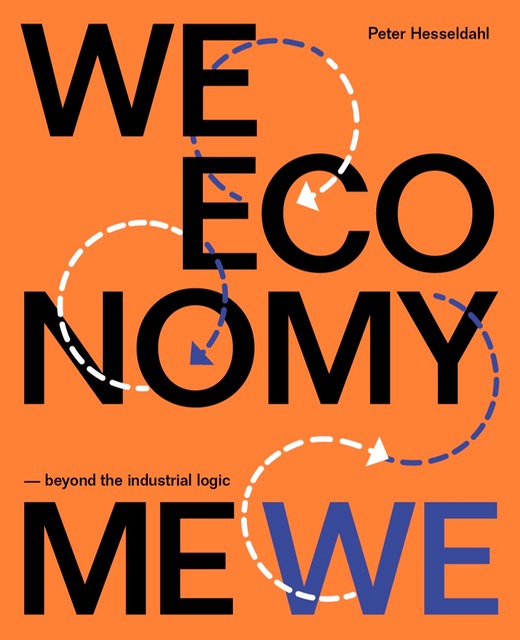The increasing use of platforms as a business model will likely lead to major changes in the way work is organized. On platforms, conventional categories such as "employee", "employer" or "job" become blurred ? as do the rights and obligations that have so far been associated with those categories.
The large platforms have very few assets of their own. They typically do not own a large production facility and they have very few employees. Instead, they mobilize external resources as needed. This is much more flexible; you can quickly customize solutions, and you can easily scale the size of the operations up or down as demand changes.
However, this also means that the conventional roles of employers and employees, which have characterized the labor market since industrialization, lose relevance. Much of platforms? strength and flexibility stem from their ability to draw on a vast network of loosely affiliated suppliers - and following this logic, a platform should explicitly avoid having a large staff of full-time employees
Social security is not a part of the platform model
In the industrial age logic, permanent employees, in addition to their salary, have a number of rights, such as vacation, maternity leave, pension, unemployment benefits, training, insurance, etc.
In contrast, in the platform-logic, workers are independent contractors, and thus personally responsible for their security.
"Independent contractors" are also in a very different position when it comes to the unemployment benefits from the government, because the levels of support and the rights to subsidies usually depend on whether the person is seeking a conventional, full-time job.
All this points to a fundamental problem: The gains from increased productivity are not shared. They go almost exclusively to managers and to the owners of companies and capital.
The increasing use of platforms could reinforce the inequality considerably.
Winner take all in the global market place
The balance of power between employer and employee is markedly different in an economy based on digital platforms. The platform is a highly transparent marketplace where one can easily get an overview of possible suppliers. You can easily see the prices that each demands and see the ratings and reviews that previous customers have given them.
The system can lead to a so-called winner-take-all effect in which those that have the very highest ratings get almost all the jobs and sales, while everyone else is ignored. When customers can choose freely on a global platform, they will naturally prefer the suppliers that have the best ratings.
In this situation it is not easy to be mediocre - but many of us are.
Professionals compete against amateurs on price
Another factor, which changes the game, is the blurring of the traditional distinction between amateurs and professionals on platforms.
This is particularly evident in what is called the "sharing economy": From one moment to the next a private person driving around can switch roles to become a self-employed driver for Uber. Someone with an extra room can operate what amounts to a hotel. A student or someone interested in design can bid on layout and graphic tasks at a very low pay, just to get some practice ...
If you need to have a simple task done, and it merely needs to be good enough, you can find people on the platforms that are willing to do it for you at a very low pay, often out of interest. But if that sort of tasks is what you are trying to make a living doing, hobbyists and amateurs obviously become a very tough kind of competition.
A perfect storm seems to be brewing on the labor market.
